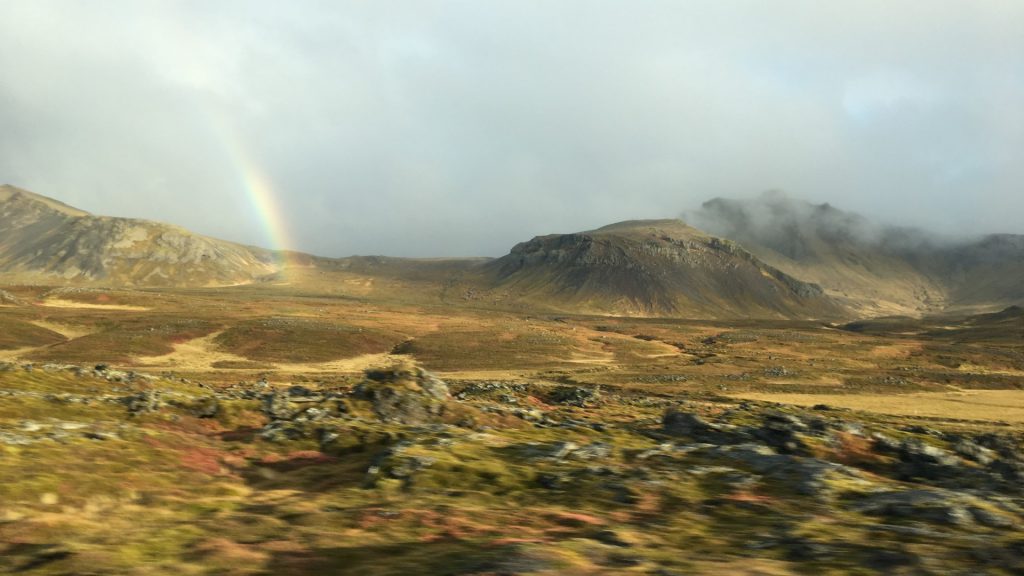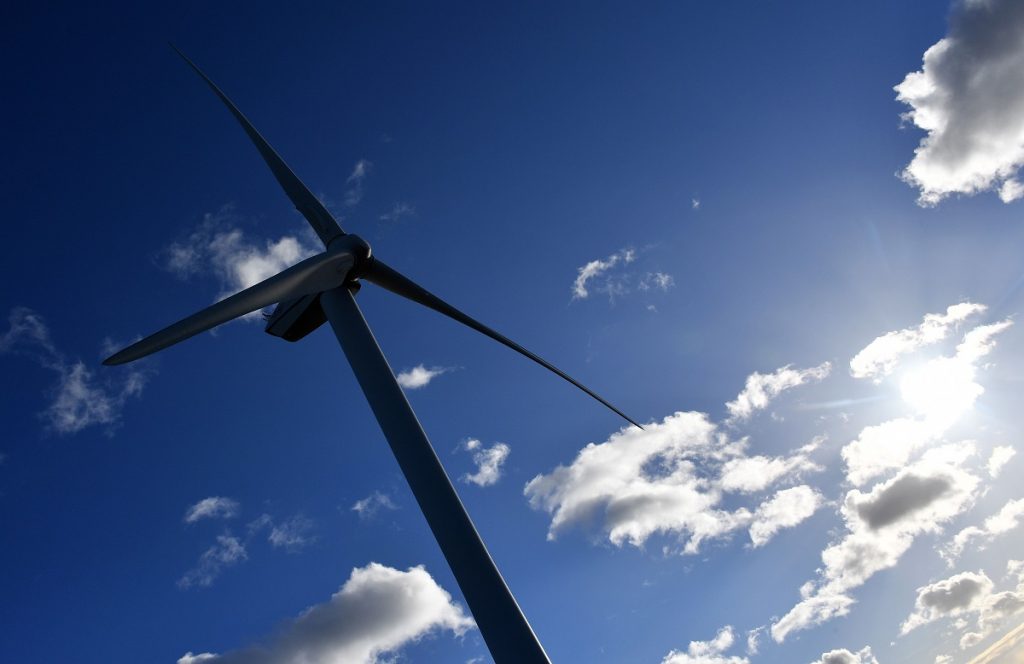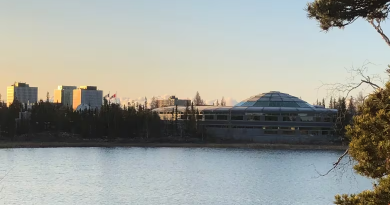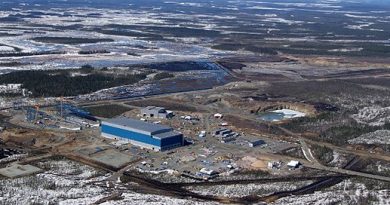Iceland’s wind power working group calls for input from public, municipalities

The working group formed in Iceland to examine the integration of wind power into its grid, is calling for comment in order to establish as broad a consensus as possible.
“The working group is working hard and striving to ensure that everyone who wants to has the opportunity to express their views to us,” Hilmar Gunnlaugsson, the group’s chairman, said in a statement on Monday.
Everyone from municipalities to non-profit organizations to the general public are being encouraged to participate.
“We have a lot of work ahead of us and in this matter there are important interests that require careful consideration and discussion,” Gunnlaugsson said. “That’s why we strongly encourage parties to express their opinions and take part in shaping a result that will hopefully be available at the beginning of the new year.”
Exploring issues transparently
The working group was announced by Gudlaugur Thor Thordarson, Iceland’s minister of the Environment, Energy and Climate, in July.
Wind power is a clean energy and is being incorporated into more and more countries’, and regions’, electricity grids.
But wind power is not always without consequences.
Wind farms require huge tracts of land. In some areas where it has been implemented, it has had consequences for people and the environment. In some areas of the Arctic, Sami have reported how the infrastructure has cut off grazing lands and interrupted reindeer migration routes.
Thordarson said in July that Iceland would look to put wind turbines in areas already close to existing substations and transmission lines in order to minimize the environmental impact, and that the process must be completely transparent to make sure the projects have broad agreement from Icelanders.

The key areas the working group has been asked to examine:
- Plan for the protection and energy utilization of the areas
- How planning and licensing should work when faced with considerations like nature, birds, tourism or local laws or considerations
- Setting out that wind turbines are mainly to be built in demarcated areas close to substations and transmission lines
- How to reach the broadest possible agreement on the utilization of wind energy among Icelanders
- Involvement of public sector
- The decision-making and licensing process for wind power
- How to charge for energy produced by wind power
-Source: Government of Iceland
Icelanders wanting to express their views on wind power in the country are asked to do so before September 30.
The working group says it’s especially interested in hearing perspectives on the seven main areas it’s been asked to examine.
The draft bill prepared by the working group is expected in early 2023.
Write to Eilís Quinn at eilis.quinn(at)cbc.ca
Related stories from around the North:
Canada: Tarquti Energy, Hydro-Quebec deal important step towards green energy for Nunavik, Inuit leaders say, Eye on the Arctic
Finland: Lapland among regions not in favour of wind power compensation for eastern Finland, Yle News
Norway: Will the green transition be the new economic motor in the Arctic?, Eye on the Arctic
Sweden: Wind power to be expanded to all of Sweden, Radio Sweden
United States: Alaska’s Northwest Arctic Borough gets $2 million tribal energy grant, Alaska Public Media



